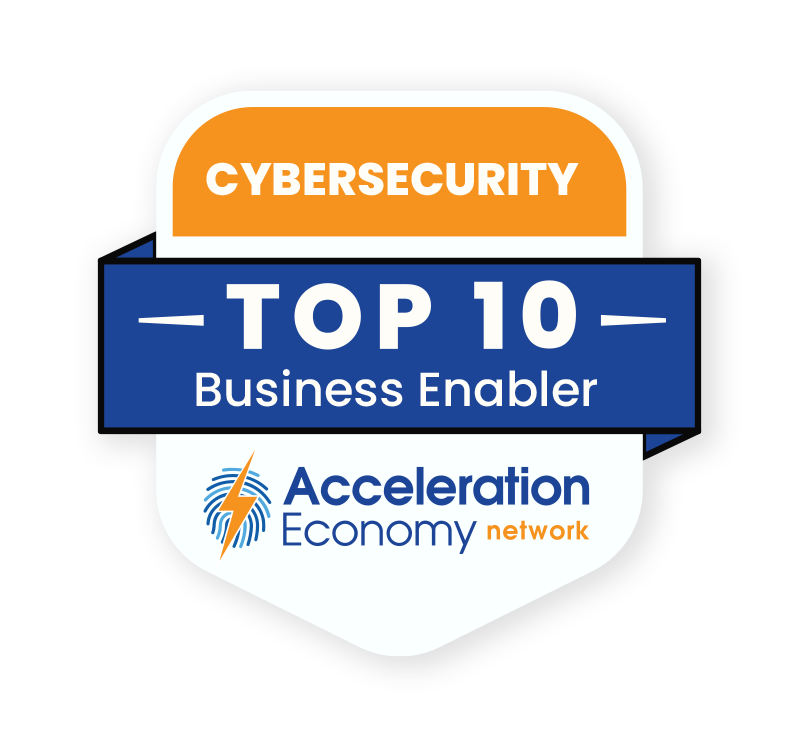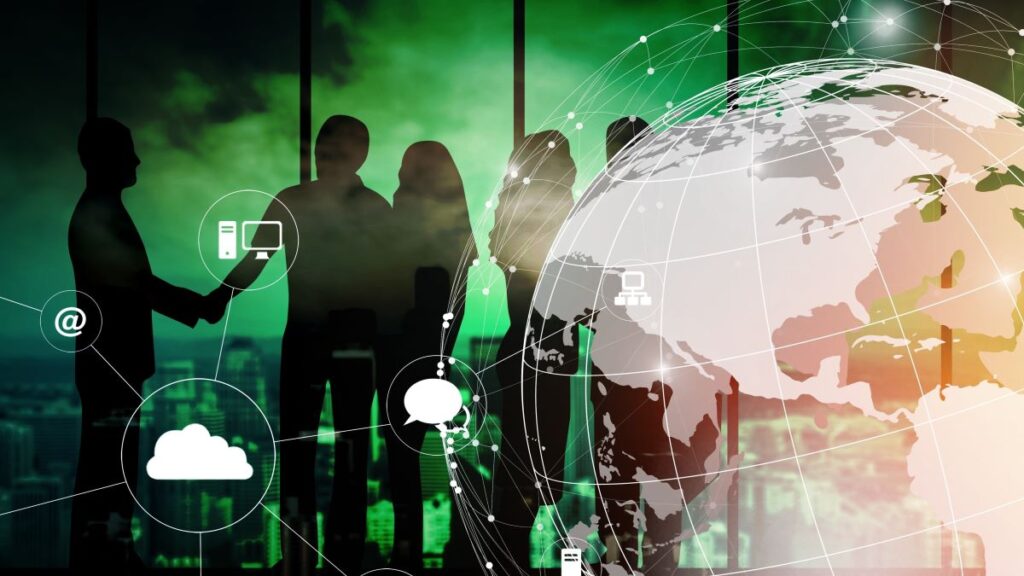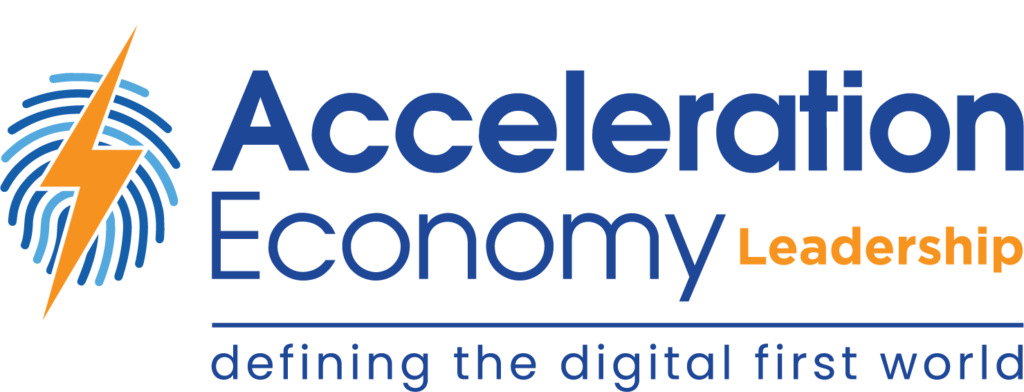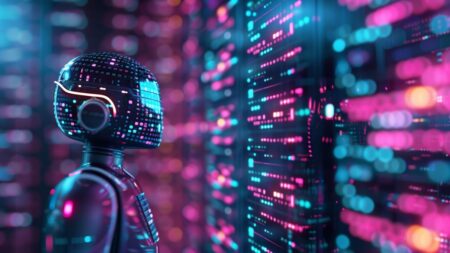We’ve all heard how every company is becoming a technology company, in large part because they are utilizing technology to create new products and customer experiences, and to run their firms more efficiently than ever before. But just where does all this technology come from? Their ecosystem.
What’s a Technology Ecosystem?
So first, let’s make sure we are all on the same page regarding just what this magical, transformative ecosystem is — and what it isn’t. A technology ecosystem is a network of interconnected technologies, products, services, and firms that work together to deliver a complete solution or experience for users.
This ecosystem may include hardware, software, cloud services, mobile applications, APIs, managed services, and other components, with different components developed and owned by different companies or individuals, all working together to deliver a seamless experience. For example, a smartphone ecosystem typically includes the hardware device, the operating system, mobile applications, cloud services, device insurance, and accessories such as cases and chargers.
The concept of a technology ecosystem is important because it recognizes that individual products and services are increasingly interdependent. For example, a mobile application relies on cloud services for storage and data processing, and the cloud services, in turn, rely on underlying hardware and software infrastructure. By understanding the relationships and dependencies among different technologies, companies can develop more effective strategies for building and leveraging technology ecosystems. This can include partnerships with other companies, developing open APIs to enable integration with third-party services, and designing products and services that are optimized for use within a larger ecosystem.
Register here for your on-demand pass to view all content from Partners Ecosystem Digital Summit. The digital event, which took place on April 20, focused on analyzing the business and IT imperatives around cloud, AI, automation, data modernization, and cybersecurity that define the future of partnerships.
How Can Channel Partners Help?
Since different companies produce these components, they often can’t bring a full solution to market on their own. This is where the most important part of the ecosystem — a channel partner — comes in, because an ecosystem doesn’t create a turnkey solution without expertise in bringing the solution together in a way that works for your business. Channel partners, due to their in-depth experience across multiple technologies and use cases, can knit together the total solution a customer needs to transform their enterprise.
Which Technologies Can I Get Help With?
Currently, the top technologies used in digital transformation projects include cloud computing, artificial intelligence (AI), hyperautomation, Internet of Things (IoT), blockchain, and cybersecurity. Here’s a rundown of each of these technologies: what they do, and how channel partners can help weave together complete solutions.
Cloud Computing
Cloud computing is enabling enterprises to move away from traditional IT infrastructure and hardware and instead use cloud-based services to store, manage, and process data. This allows greater flexibility, scalability, and cost savings. But channel partners add something extra: business use cases. They understand which cloud is best for storage, and which is best for that mission-critical application, and they can help you pick the right cloud platforms and apps for your organization’s specific needs. They also can help enterprises make the right decisions regarding public cloud vs. private cloud uses and where to deploy each in their enterprise. This may come in handy for companies that already have private clouds and are looking to expand to one or more public clouds.
Artificial Intelligence (AI)
AI is becoming increasingly integrated into business operations, enabling enterprises to automate tasks, improve decision-making, and enhance customer experiences. Many firms are even beginning to experiment with engines such as ChatGPT for simple search and intelligence, moving their firms past the “just Google it” era. This does not come without risk, however. Channel partners are entering the fray with more robust AI solutions, and what’s especially useful is their ability to develop and deploy the controls to ensure that AI doesn’t make the wrong calls or share the wrong data for decision-making.
Because they have already deployed and managed AI projects for multiple enterprises, channel partners have seen it all. To offer a current example, they’ve seen the good (ChatGPT writes content more quickly than a staff writer), the bad (ChatGPT is often dated and sometimes inaccurate), and the ugly (ChatGPT pulls from sources and sometimes uses phrasing that’s close enough to existing content to constitute plagiarism). AI brings immense scale and analytical capabilities to the table, but also a potential minefield of bad data, misinformation, and wrong decisions if not implemented judiciously. Partners will ensure you have controls so that you’re using the right AI in the right situation to avoid overt risks.
Internet of Things (IoT)
Connected IoT devices are being used by enterprises to collect data and automate processes. This technology is particularly useful in industries such as manufacturing and logistics. But partners can move you beyond a simple connected device to intelligent devices at the edge that are designed to process, move, and manage data within tight time windows when necessary. After all, having thousands of sensors collecting information without the right data management is meaningless and does little for your enterprise. But with the right channel partner, you can define business issues or opportunities, pick the right connected devices, get the right data promptly, and act upon that data immediately. That’s a game changer for most enterprises.
Blockchain
Partners use blockchain technology to create secure, decentralized networks for transactions, data sharing, and other applications. This has the potential to revolutionize industries such as finance, healthcare, and supply chain management by applying business knowledge and process mapping to blockchain, providing security controls previously never seen in the enterprise. Forget about cryptocurrency; these partners are using blockchain technology in a bigger and broader way to eliminate risks for enterprises — that’s a safe, bottom-line benefit no one can afford to ignore.

Which companies are the most important vendors in cybersecurity? Check out
the Acceleration Economy Cybersecurity
Top 10 Shortlist.
Cybersecurity
No rundown of channel partner expertise would be complete without covering cybersecurity. With the increasing reliance on technology in business, and the exponential growth and use of data, cybersecurity has become a critical issue for enterprises. As a result, there is an expanding demand for cybersecurity solutions that can protect against threats such as malware, ransomware, and data breaches, while also educating employees to avoid risks and protecting the enterprise from bad actors.
Final Thoughts
This is a partial list of technologies that channel partners are using to implement successful digital transformation for their enterprise customers. The channel is focused on leveraging emerging technologies to increase efficiency, reduce costs, and improve business outcomes for enterprise customers. Check in with a partner now about your long-term goals; that will ensure that, moving forward, you utilize the right technologies to ensure a successful digital transformation. Happy partnering!
Want more tech insights for the top execs? Visit the Leadership channel:








